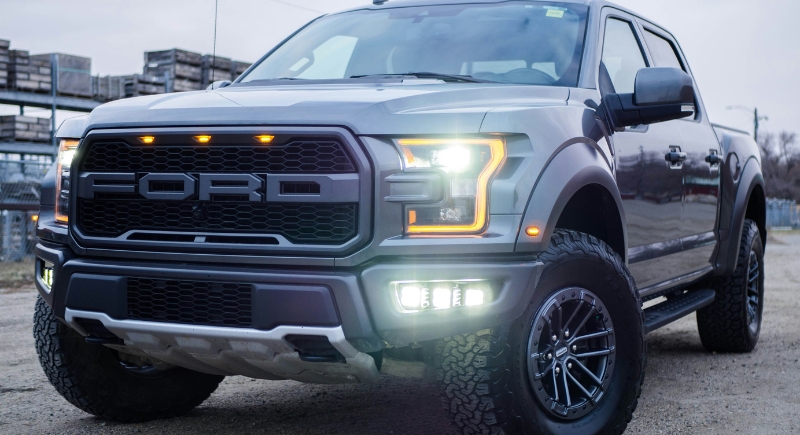How Automakers Pick Those Catchy Car Names
Car names either sound like they were pulled out of a baby name book or like someone got creative after a long meeting and too much coffee. In reality, car names aren’t actually chosen on a whim. Behind the scenes, there’s a surprisingly methodical process at play. It involves marketers, linguists, legal teams, and more than a few heated debates over what a car should be called. Big automakers spend time and money figuring out what a name might say to a buyer. It needs to match the car’s image and not offend anyone, legally or otherwise, and ideally across several continents. That’s harder than it sounds.
A Mix of Marketing and Meaning

Image via Unsplash/FourFour
Naming a car starts with building a long list. Ford, for example, is known to generate over a hundred options for a single model. Teams from design, branding, and communication departments sit around pitching ideas. They consider what the vehicle looks like, what it does, and who might drive it. Names that make the list have to work with the brand’s history and also feel fresh.
Some brands stick to themes. Ford, again, likes alliteration: Focus, Fusion, Fiesta, Flex. Hyundai leans into destination names like Santa Fe, Tucson, and Kona. Toyota has a habit of using references tied to royalty or nature, like Camry, which traces back to the Japanese word for crown, or Sequoia, named after the massive tree.
Not All Names Travel Well
Language makes naming tricky. A model that sounds elegant in English might come off awkward—or worse, offensive—in another country. When Ford tried to launch the Mustang in West Germany, it ran into a trademark problem and had to rename it the T‑5. The Mitsubishi Pajero faced a similar issue in Spanish-speaking markets. The name had to be changed to Montero to avoid slang that didn’t translate well.
Some automakers take a safe route with alphanumeric names. BMW’s 3 Series and Mercedes-Benz’s E-Class don’t carry emotional baggage. The numbers and letters usually relate to engine size, model type, or trim. This method skips cultural missteps, but it’s also easier for buyers to forget.
Toyota’s RAV4 is one of the rare exceptions that makes an acronym work. It stands for Recreational Active Vehicle with 4-wheel drive. Most people don’t remember what it means, but the name flew, and the vehicle sold. That’s often the goal, since stickiness matters more than literal accuracy.
When It Goes Wrong
Every now and then, things go off track. The AMC Gremlin is remembered for more than its name, but calling a car after a mischievous creature didn’t exactly build trust. The Dodge Dart Swinger might’ve worked in the ’70s, but it aged badly. And then there’s the Mitsubishi Starion. Rumor has it the car was supposed to be called Stallion, but a mix-up during a phone call between Japanese and American teams gave birth to Starion instead.
Even the best ideas can trip over each other. Chevrolet launched the Volt, an electric hybrid, then followed it with the all-electric Bolt. The two names were so similar that buyers couldn’t keep them straight. Bolt and Volt? Not ideal.
Focus Groups and Final Decisions
Before any car name reaches the public, it usually passes through focus groups. These sessions help automakers find out how people respond to different options. Does the name sound premium? Is it sporty? Does it feel reliable? If a name performs well and doesn’t hit any legal snags, it moves forward for executive approval.
Names also need to be easy to pronounce and spell. If a customer has to stop and think about how to say the name out loud, that’s a red flag. And once a name is in play, automakers usually hold onto it. That’s why names like Civic, Accord, and Corolla have lasted for decades. The product changes, but the familiarity stays.
Why It All Matters
Car names carry weight. They help set expectations before a driver ever sees the specs. A name like Pathfinder suggests adventure. A model called Mirage might hint at something sleek or elusive. These associations aren’t always logical, but they’re powerful. Automakers know that, which is why naming is treated like a serious business.